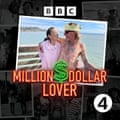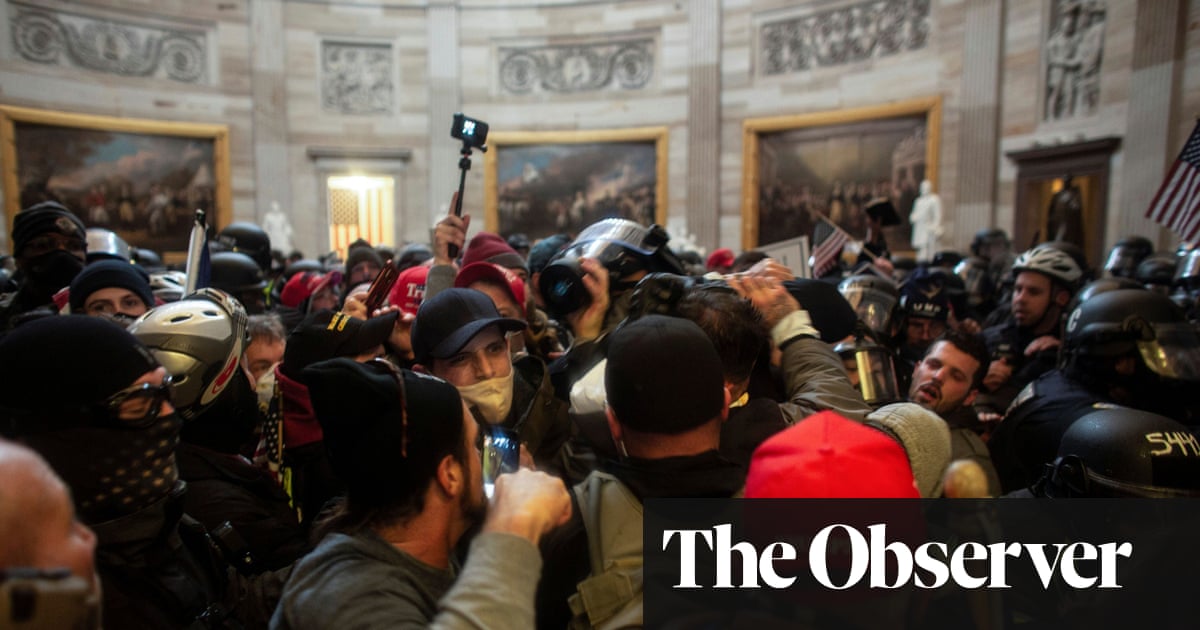The Gatekeepers (Radio 4) | BBC Sounds
Intrigue: Million Dollar Lover | BBC Sounds
Heart and Soul: Radical Empathy and the Devil (BBC World Service) | BBC Sounds
Archive on 4: Barry Humphries: Gloriously Uncut (Radio 4) | BBC Sounds

The Gatekeepers is yet another prestige Radio 4 series about the internet state weâre in. Hmm. Having just reviewed Jon Ronsonâs Things Fell Apart and Marianna Springâs Why Do You Hate Me?, I was reluctant to listen to another. After a while, these shows start to depress me. Theyâre always amazingly researched, carefully scripted, scrupulously fair and very interesting, but theyâre also, at heart, about the same thing. A modern world where online differences are inflamed and encouraged. Why? Because such âengagementâ means money. And those who get the money wriggle out of responsibility when the virtual hate has real life consequences.
Anyway, I gave myself a talking to and embarked on The Gatekeepers. And Iâm pretty glad I did. Presented and researched by Jamie Bartlett, of The Missing Cryptoqueen fame, the series opens on the familiar pod-ground of 6 January 2021, when the US Capitol was attacked. Weâre with the Twitter employees who end up suspending then President Trumpâs account because theyâre worried heâs spreading falsehoods and, worse, inciting violence. âWho actually pushed the button [to suspend the account]?â asks Bartlett. âIâm not gonna answer that question,â says Yoel Roth, then head of trust and safety at Twitter. âIt wasnât me.â
But why was Trump allowed to spout his online misinformation? Was Twitter right to let him? Was it right to stop him? Bartlett goes back to the internetâs beginnings, ye olde world wide web, for insight. Its initial vibe was liberal hippy, and Bartlett argues this was due to the influence of a book called The Whole Earth Catalog, a right-on underground manual to everything you ever wanted to know. The newly online hippies wanted the web to be a virtual version of the book, a âglobal consciousnessâ. A few years later, a genial hippy-type ends up advising Mark Zuckerberg on his Facebook startup, but then Zuckerberg moves on, to be mentored by Peter Thiel. Thiel believes that âcompetition is for losersâ, that if you create a business, you need to stamp out competitors and make it a monopoly. And Zuckerbergâs attitude changes.
Weâre only a couple of episodes in, but there have been some intriguing sliding-door moments, where if a different decision had been taken, we wouldnât have ended up where we are now. Many of these moments have been covered before â such as the passing of section 230 of the 1996 Telecommunications Act, which states that platform providers are distributors, rather than publishers, of whatever their users decide to say. (Thus, platforms arenât responsible for hate speech.) Still, Bartlett is an excellent presenter and The Gatekeepers rollicks along, while hardly treading new ground. And so far Iâm not feeling too downcast.

If youâre after something a little less worthy, a tad more Dirty John, then rush to Sue Mitchellâs Million Dollar Lover, part of BBC Soundsâ Intrigue strand. I missed this 10-parter when it came out a couple of months ago, but Iâve hoovered it up in two enormous binges since. Mitchell tells the real-life tale of a love affair between two of her neighbours in California (Mitchell is British but has an American partner with a home there). Carolyn and Dave are the couple. Carolyn is 80 years old, youthful for her age, a wealthy widow. Dave is 57, a homeless ex-junkie and jailbird who moves in with Carolyn just two weeks after doing some gardening for her. Alarm bells start ringing, at least for Carolynâs daughters, and a dreadful tug of emotional war between them and Dave begins.
The USP of this show is Mitchellâs access, as well as her amazing ability to interview everyone involved without judgment. So we hear from Carolyn and Dave throughout their entanglement, as well as Carolynâs daughters, and Daveâs daughter too. This is such a small, gripping story, one where you find yourself shouting at your audio player as you listen. Highly recommended.
Over on the World Service, yesterdayâs Heart and Soul: Radical Empathy and the Devil met forensic psychiatrist Gwen Adshead, who has a lovely, gentle way of speaking as she explains that she has always been interested in âwhat happens when people do bad thingsâ. Adshead works with the UKâs most violent offenders, and has a particular interest in âwomen whoâve assaulted or mistreated their children in some wayâ.
She talks to Erwin James, the murderer turned journalist who died last month, and explains how she likes to work with people like him, in a âspace where people can talk about what theyâve done and to think about it in a human wayâ. âRadical empathyâ is how she describes her work, and itâs rooted in her Christian faith. What a lovely programme: quietly moving and interestingly testing for the listener. You find yourself thinking: Could I, really, be in the moment with a murderer without feeling myself pass moral judgment?
Far lighter and brighter but just as lovely was Barry Humphries: Gloriously Uncut on Archive on 4 on Saturday night. Hosted by Humphries fan turned friend Rob Brydon, it featured lots of friends and fellow creatives. It was fun to be reminded of Sir Les Patterson, that terrible spitting, drunk roué, as well as the fabulous Dame Edna Everage.
The critic John Lahr, insightful as ever, told of how he spent a long time on tour with Humphries when he was playing Dame Edna. Lahr had just suffered the most appalling loss: two of his children had died. Everyone mocked the idea that Dame Edna could heal people. âItâs just a funny idea that this buffoon is a healer because sheâs so mean-spirited,â said Lahr, âbut I can only tell you that she did.â Laughter, and Edna, can cure almost everything.
Finally, what a shock to hear of Steve Wrightâs death. An absolute radio giant, obsessed with the medium and with that old-fashioned job, DJing. His very particular take on zoo radio â upbeat âcrewâ, clever callbacks, cheery listener interaction, excellent star interviews â became a gold standard and travelled easily with him from Radio 1 to Radio 2 in the 1990s, because no one else could do it like him. Genuinely loved by colleagues and his listeners, he really will be missed.







